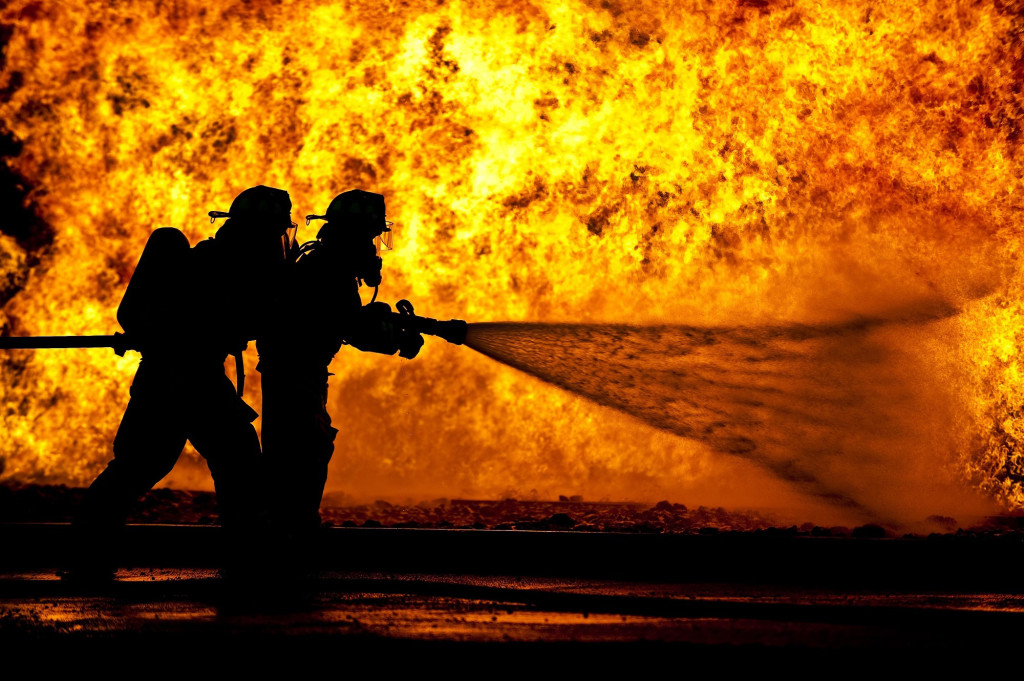Too often people believe that the best way to deal with conflict is to “fight fire with fire”. If they are accused of something, they accuse back. If they are yelled at, they yell back. If attacked in any way, they attack back.
The problem with this approach is that it just fuels the fire, and everyone gets burned. We tend to hope that if we respond strongly enough, the other person will back down and leave us alone. However, it rarely works out that way. One reason is that any kind of perceived attack causes the person being attacked to react defensively. The natural defensive reaction is to attack back, NOT to contemplate whether the other person might be in the right. This leads to escalation of the conflict, as the vicious cycle begins of each side reacting to the attack from the other side – with a stronger attack back.
When a conflict escalates, the likelihood of the underlying problem being solved decreases as tempers and hard feelings increase. The way to break the cycle of escalation is to deliberately act to defuse the conflict instead of escalating it.
I recently read a story on a bike touring blog about dealing with the inevitable dogs that like to chase bicycles. I have read many other strategies on other bike blogs that involved blowing whistles, trying to outrun the dogs, carrying pepper spray, etc. These two riders’ approach was different, however. They simply stopped their bikes in the road, got off the bike (on the other side of the bike from the dog), and talked to the dog in a friendly manner. The result was that almost invariably the dog would stop, start wagging its tail, and become friendly in turn. By defusing the conflict with the dog, they were not only able to stop a potential attack, but actually make friends with the dog.
Imagine if in your interpersonal conflicts you were able to not only avoid making relations worse, but even smooth the way towards improving the relationship.

